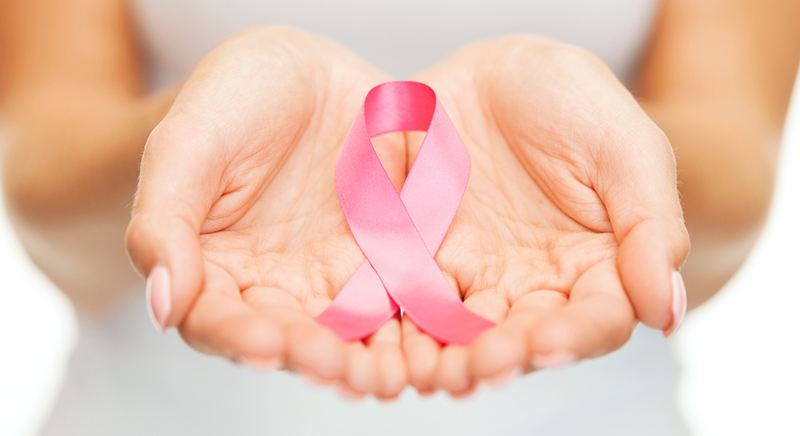Does Estrogen Help Age Skin Better?
 Our skin is not only our largest organ but also our protective shield and our most visible self. When Nora Ephron wrote I Feel Bad About My Neck And Other Thoughts About Being A Woman (2008), she was highlighting with humor, but compassion, the challenges women face as they age. And skin becomes a very visible part of that conversation. Why does our skin thin, and what causes wrinkles?
Our skin is not only our largest organ but also our protective shield and our most visible self. When Nora Ephron wrote I Feel Bad About My Neck And Other Thoughts About Being A Woman (2008), she was highlighting with humor, but compassion, the challenges women face as they age. And skin becomes a very visible part of that conversation. Why does our skin thin, and what causes wrinkles?
Our skin consists of three important layers. The most superficial layer, the epidermis, contains skin pigmentation, offers protection, and retains moisture. The layer below the epidermis, the dermis, contains hair follicles, nerves, blood vessels, sweat glands, collagen, and elastin (which is essential for tissue stretch and recoil). Below the dermis, the subcutaneous layer consists of loose connective tissue and fat.
Hormones exert a significant effect on skin thickness as demonstrated by the skin changes that occur during the menstrual cycle. Skin is the thinnest at the onset of the menstrual cycle when estrogens are lowest and thickens as estrogen levels rise.
Aging contributes to these hormonal changes in skin health. As we age, there is a decrease in epidermal thickness and melanocyte (pigment producing cells) concentration. In the dermis, with aging, fibroblast activity, blood vessel content, collagen, and hyaluronic acid, all decline. These changes, coupled with an increase in metalloproteinases (proteins that break down collagen), contribute to skin thinness.
Lifestyle also contributes to skin aging. Smoking and ultraviolet light exposure release inflammatory proteins that can directly damage skin by altering blood vessels and breaking down collagen.
In menopause, as estradiol levels decline, skin thickness decreases by over 1% each year for the first five years, while collagen decreases yearly by 2%. Wrinkles are caused by a reduction in elasticity secondary to loss of connective tissue which decreases 1.5% each year. Why is the face preferentially involved? Estrogen receptors are higher in the face than in the breast or thigh.
Are these skin changes reversible with estrogen supplementation? In one study, Premarin® cream, applied to the face for 24 months, produced significant increases in skin thickness and decreases in wrinkles. In a different study, 0.01% estradiol versus 0.3% estriol for six months produced no changes in systemic hormone status, but both increased skin elasticity, skin moisture, firmness, and reduced wrinkles.
If estrogen is beneficial, can its actions be enhanced by other products? Of patients given either 0.01% estradiol, or 15% glycolic acid alone or in combination, epidermal thickness was increased 23% by estradiol alone, 27% by glycolic acid alone, and 38% by both. Glycolic acid, a weak acid with small molecules that penetrate the skin easily, dissolves sebum and other substances that glue the superficial skin cells together, thus facilitating renewal of the skin surface.
Menopause is a challenge for many women. Maintaining skin’s healthy appearance does not need to be part of that challenge.
By James Woods, M.D. and Elizabeth Warner, M.D.
Dr. Woods treats patients for menopause at the Hess/Woods Gynecology Practice.
Disclaimer: The information included on this site is for general educational purposes only. It is not intended nor implied to be a substitute for or form of patient specific medical advice and cannot be used for clinical management of specific patients. Our responses to questions submitted are based solely on information provided by the submitting institution. No information has been obtained from any actual patient, and no physician-patient relationship is intended or implied by our response. This site is for general information purposes only. Practitioners seeking guidance regarding the management of any actual patient should consult with another practitioner willing and able to provide patient specific advice. Our response should also not be relied upon for legal defense, and does not imply any agreement on our part to act in a legal defense capacity.
Brandon White | 8/31/2015




